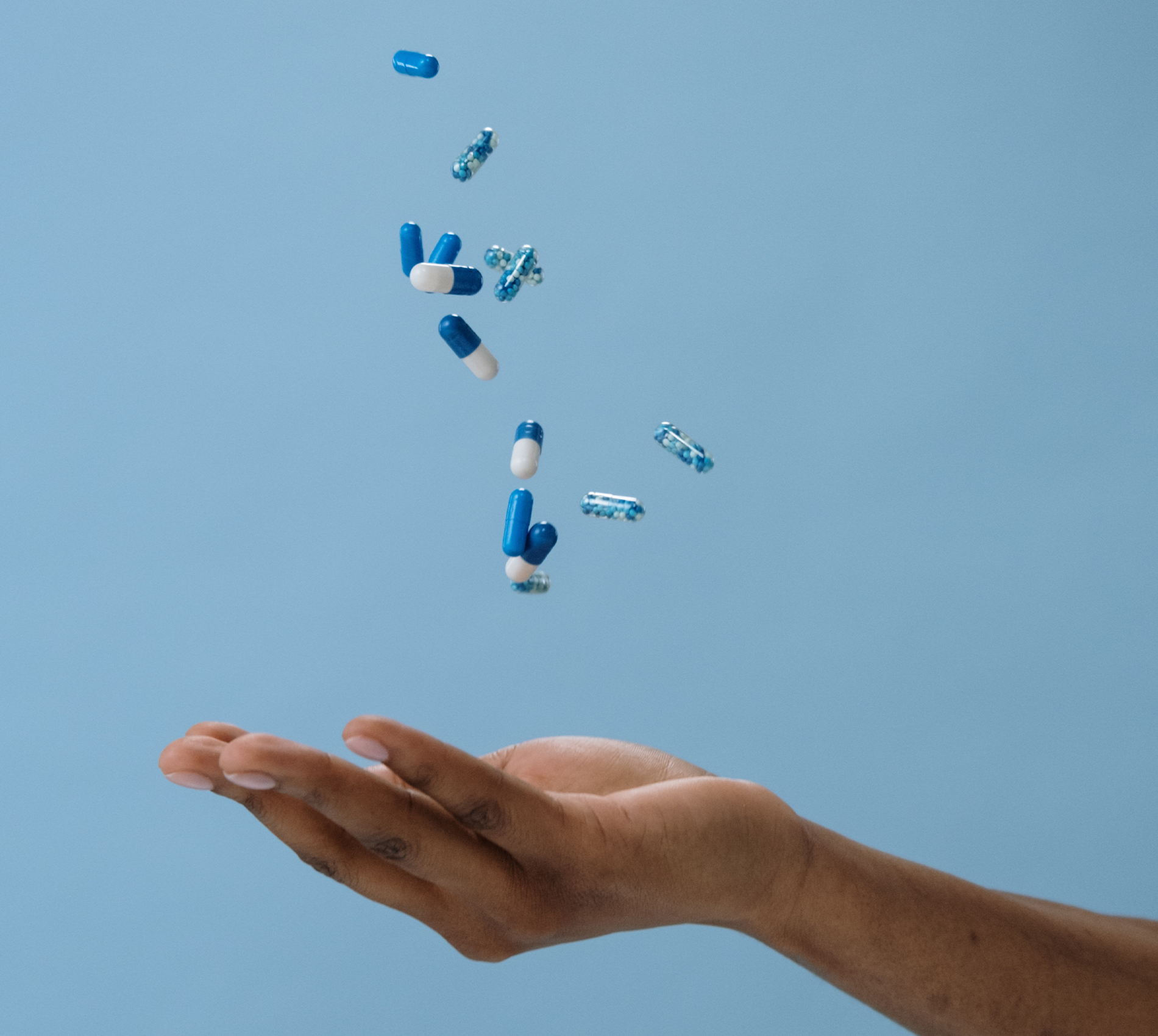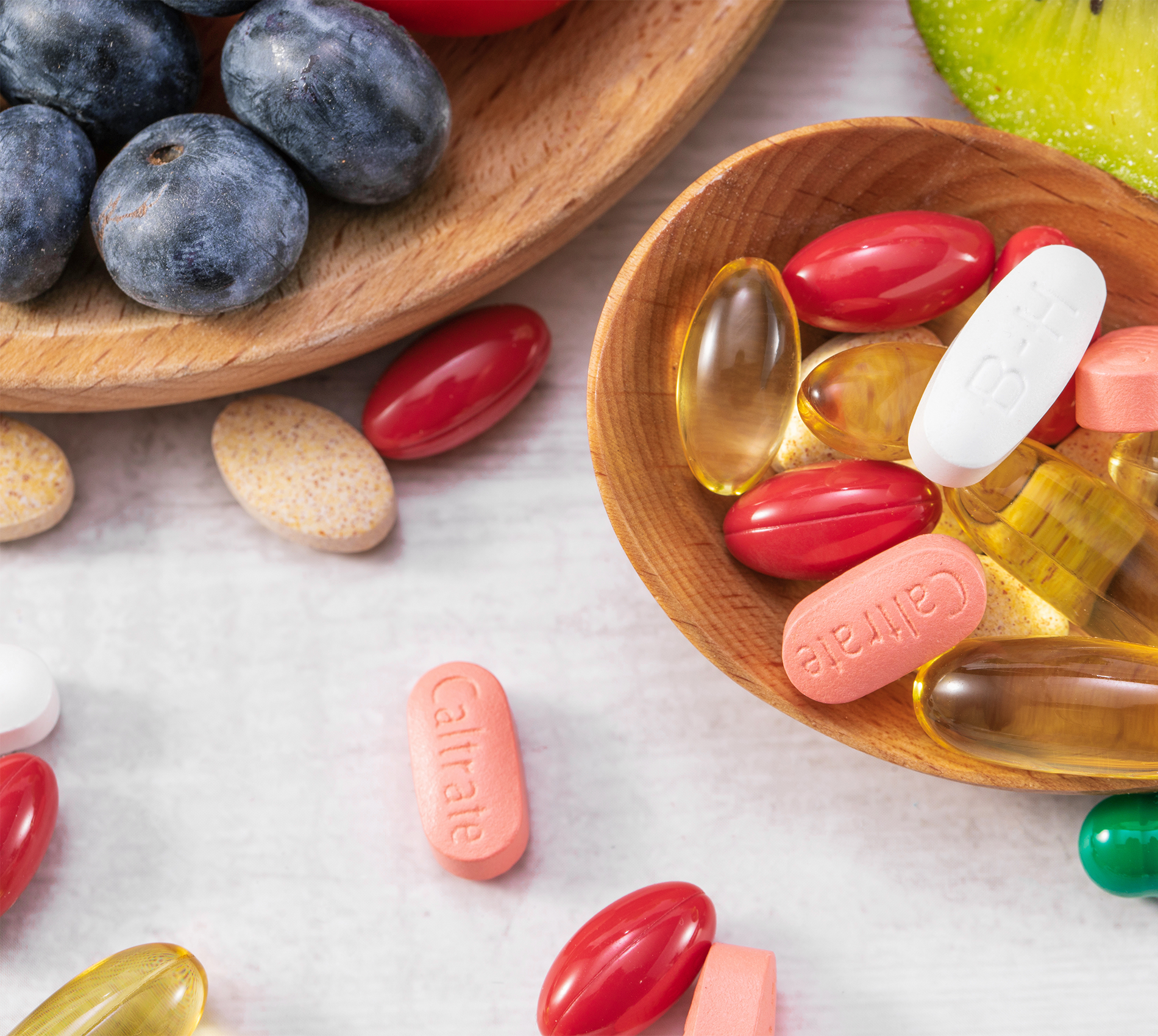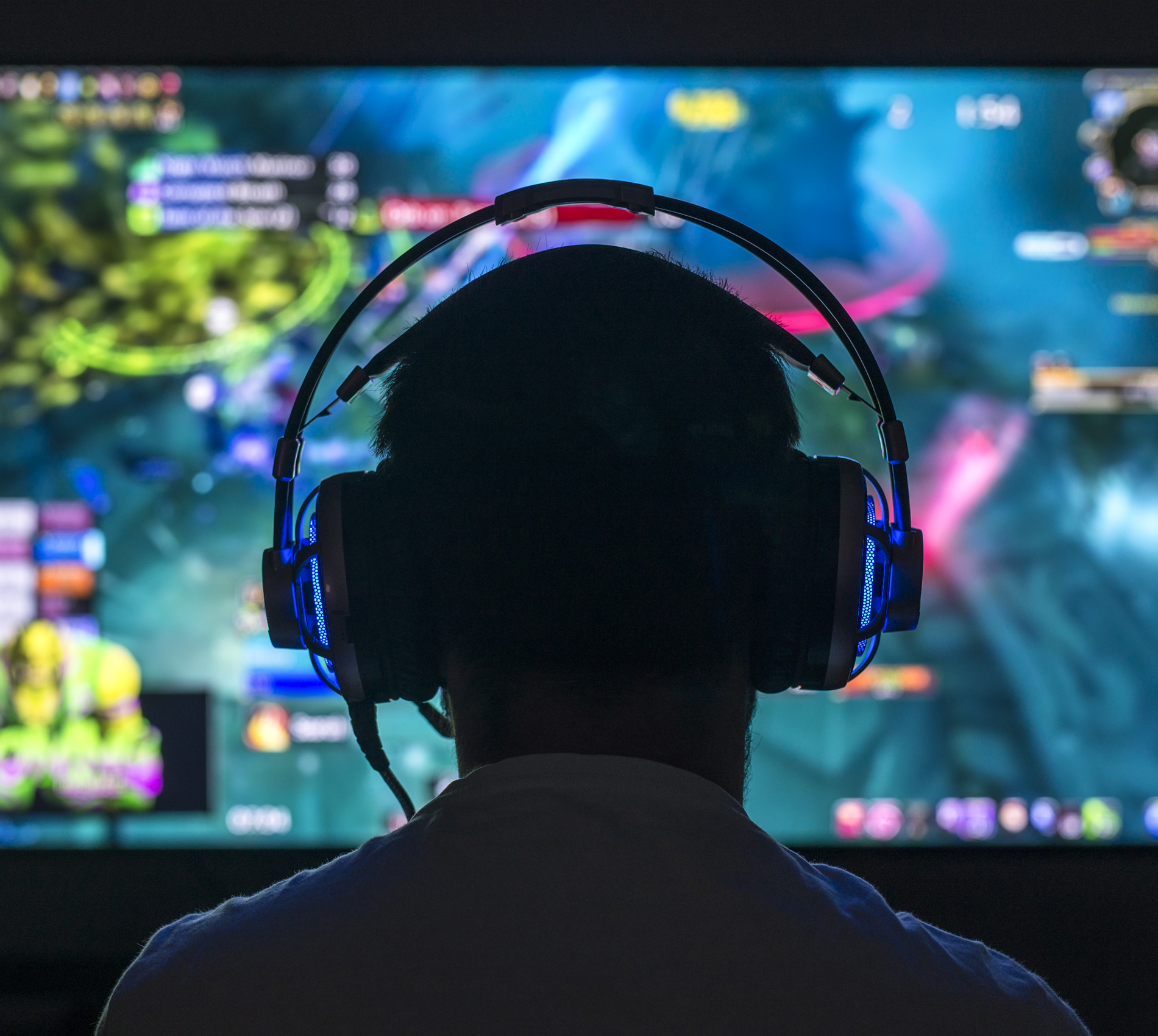Brazilians suffering from sleeping issues are far above the world average. Melatonin has been regulated as a sleep aid in Brazil, and the supplement is now available as an over-the-counter medication in online shops and drugstores all over the country.
In 2021, it was considered that we’re living in an “epidemic of sleep deprivation.” 65% of Brazilians report having sleeping disorders, far above the 45% global average.
According to the same study, 52% of people included in the research declared that their sleeping problem is related to stress.
Some of them may resort to sleeping pills to try and fall asleep more quickly and get enough rest. However, most of the drugs available, such as orexin receptor antagonists and benzodiazepines, require a doctor’s prescription.
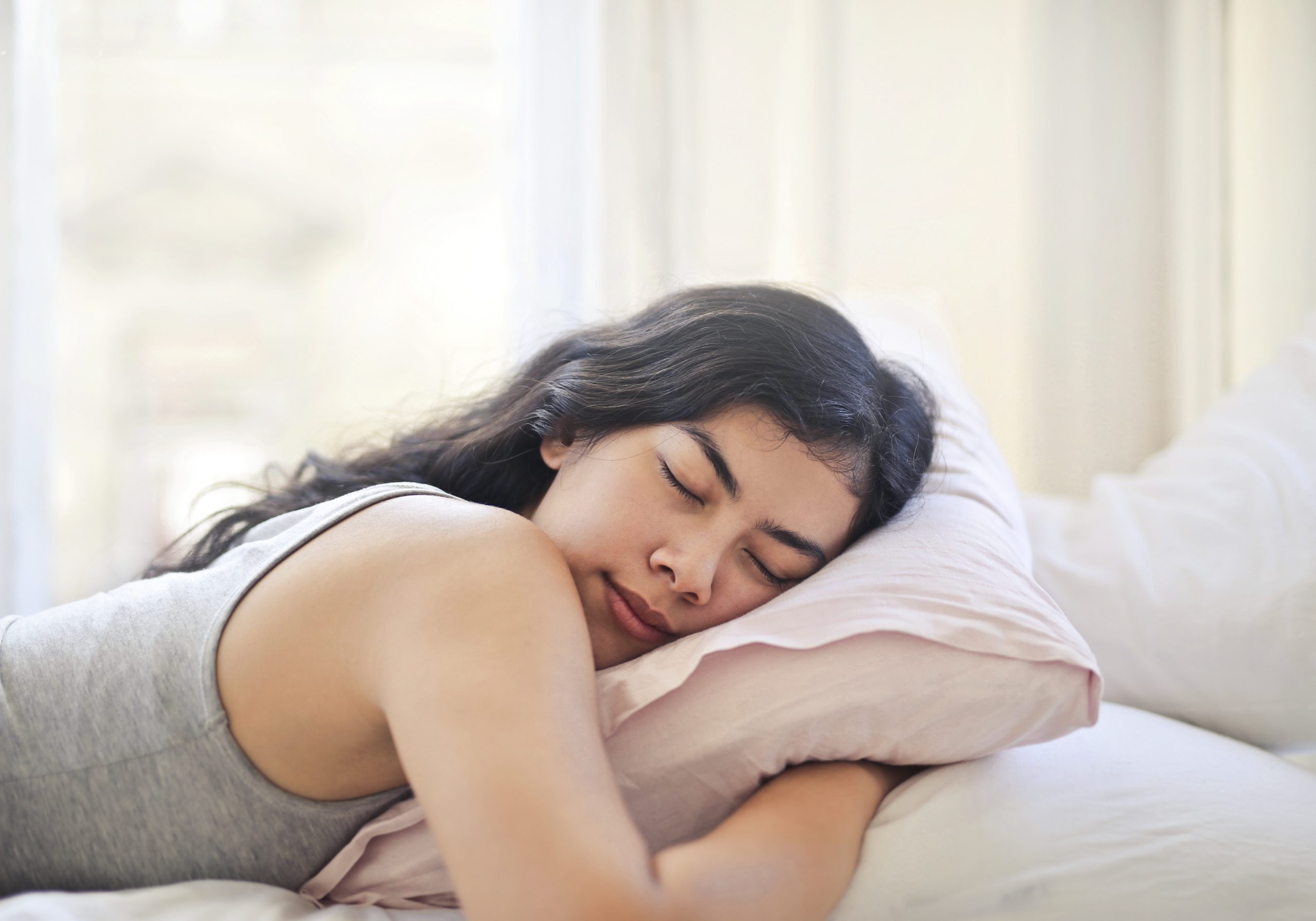
Of course – and we can’t stress this enough – any drug or supplement shouldn’t replace good sleeping habits or a trip to your physician before adding any supplement to your daily diet.
Over-the-counter sleep aids don’t require a prescription and can be used to help treat insomnia and other sleep issues. Nonetheless, OTC sleep aids can work as a supplement and extra help for some people who experience difficulty falling or staying asleep.
Some of the most popular sleep aids are Valerian, Melatonin, Diphenhydramine, and Doxylamine. Melatonin is a hormone produced by the brain but can be taken in the form of a supplement. The so-called sleep hormone has been approved by the Brazilian health regulatory agency (Anvisa) as an OTC supplement since the end of 2021.
Read more: The Future of the Payment Industry in Brazil is Digital
Melatonin Is Now Regulated and Available in Brazil
In Brazil, hormonal supplements may only be used by people over 19 years old, with a daily intake of 0.21 mg. According to Anvisa, the product’s label or description must display a disclaimer stating that the supplement shouldn’t be consumed by pregnant women, children, lactating women, and people involved in activities that require constant focus.
In addition, the agency advises that people with other conditions such as depression and who take medication such as antidepressants, anxiolytics, or other sleep aids, should exercise caution and consult a doctor before taking any supplements.
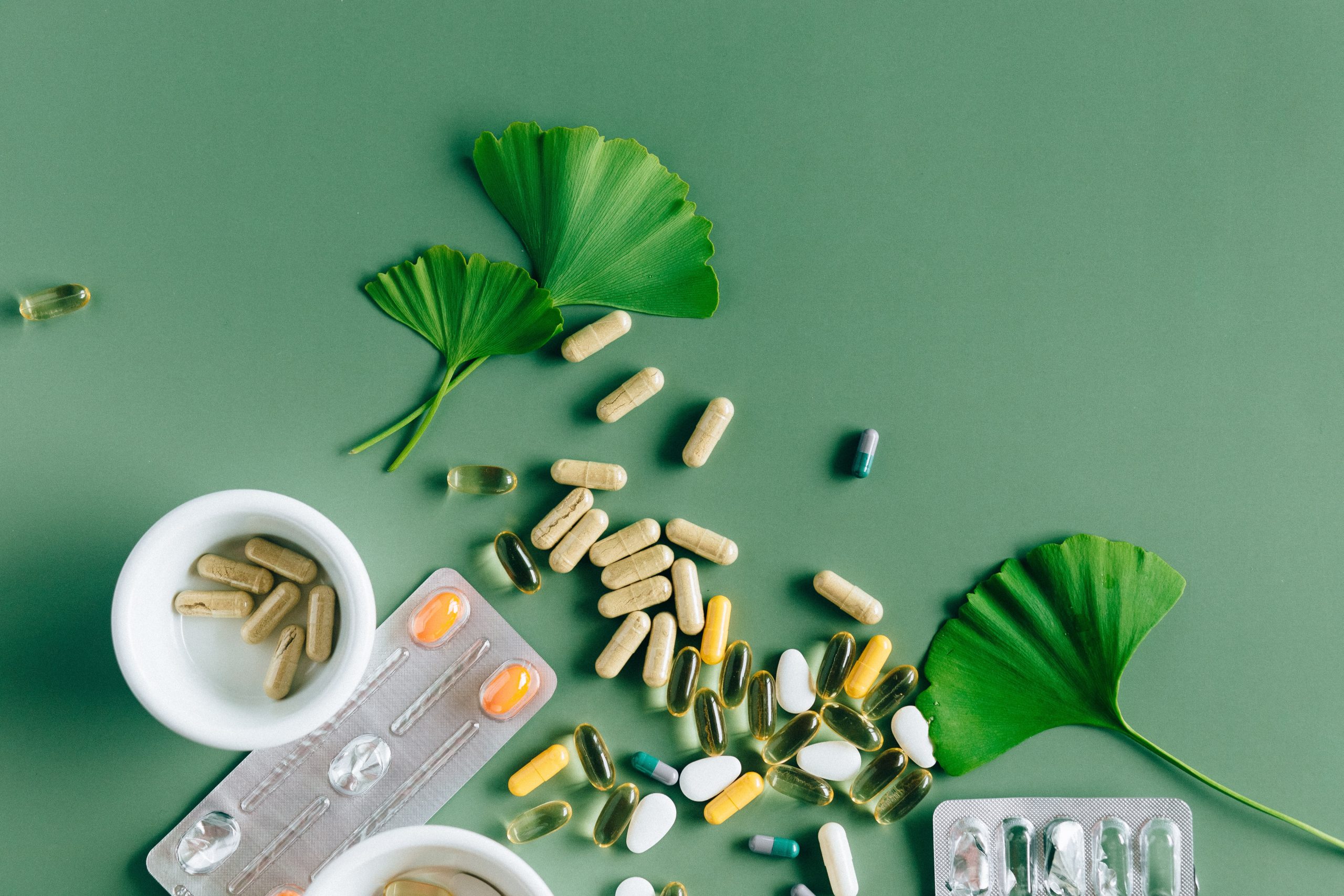
By definition, as per the name’s suggestion, dietary supplements do not replace medical treatment, so they cannot be considered as a remedy to treat, prevent or cure conditions and diseases.
Anvisa states that supplements should be aimed to “supply nutrients, bioactive substances, enzymes and probiotics in addition to the individual’s diet.”
Read more: Brazil in 2022 – An Overview of the Market
More Supplements Are Regulated
Besides melatonin, Anvisa also approved 40 more dietary supplement ingredients. Among them are:
- Eggshell membrane as a source of hyaluronic acid;
- Glycosaminoglycans and collagen;
- Moro orange extract, as a source of anthocyanins;
- Turmeric rhizomes extract, as a source of curcumin;
- Lactobacillus coryniformis isolated, which may help in the immune response of the elderly to the influenza vaccine;
- Protease enzyme, which can aid in the digestion of gluten.
What Does That Mean for Multinational Companies?
The cross-border merchant intending to take a share of the massive Brazilian market and their willingness to spend money on vitamins and supplements now has a great opportunity.
According to ABIAD, a Brazilian food industry association, nearly 60% of households in Brazil have at least one member regularly consuming supplements and/or vitamins.
For those who frequently take dietary supplements, 85% aim to improve their health, while 69% combine supplements with physical activity. The consumption of vitamins and supplements increases with age, and it’s more common among women.
Read more: How to Optimize Your Checkout for Online Payments in Brazil
The health, nutrition, and wellness industry make US$35 billion yearly in Brazil, and it’s the fourth largest market in the world.
Nutrivita is a vitamin and supplement store based in South Florida. They know about the huge opportunity the Brazilian market offers, alongside its interest in multinational and high-quality products.
According to Carolina Fonseca, the founder, and CEO of Nutrivita, the company has reported positive results and impacts of operating their payment checkout with PagBrasil:
“PagBrasil has contributed to the betterment and fluidity of our payment checkout, helping to boost our sales.”
If you are a multinational merchant and wish to expand your business into Brazil, get in touch with our team today!
